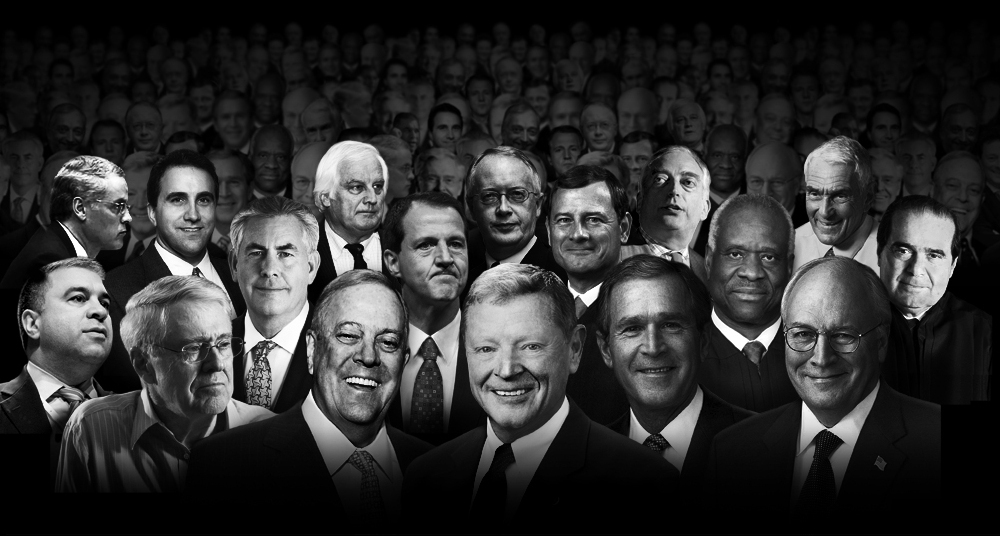As a climate scientist, I have seen my integrity perniciously attacked, politicians have demanded I be fired from my job, and I’ve been subject to congressional and criminal investigations. I’ve even had death threats made against me. And why? Because I study climate science and some people don’t like what my colleagues and I have discovered.
Their attacks on scientists are part of a destructive public-relations campaign being waged in a cynical effort to discredit climate science.
My work first appeared on the world stage in the late 1990s with the publication of the third assessment report of the Intergovernmental Panel on Climate Change, which featured what is now popularly known as the hockey-stick graph. Using what we call proxy data – information gathered from records in nature, like tree rings, corals, and ice cores – my co-authors and I pieced together the puzzle of climate variability over the past 1,000 years. What we found was that the recent warming, which coincides with the burning of fossil fuels during the Industrial Revolution, sticks out like the blade of an upturned hockey stick.
Our graph depicting the unprecedented warming trend became an icon in the climate-change debate. Since then, I’ve found myself a reluctant, accidental, public figure in the debate over human-caused climate change, as I describe in my recent book “The Hockey Stick and the Climate Wars”.
Being caught in the middle of this “debate” has given me an opportunity to talk about the stark reality and dimensions of the problem. As the staid scientific journal Nature put it, climate researchers are in a street fight with those who seek to discredit the accepted scientific evidence, and we must fight back against the disinformation that denies this real and present danger to the planet.
Make no mistake: Skepticism is fundamental to good science. Whenever a conclusion is drawn or a proposition is made, the demand that it stand up to scrutiny is the self-correcting machinery that drives us towards a better understanding of the way the world works. In this sense, every scientist should be a skeptic. Good science responds to good faith challenges, and to contradictory evidence that is presented, and climate-change science should be no different.
Unfortunately, many of the people who call themselves climate skeptics and have attacked my work and the work of my colleagues are not really skeptics at all, but climate contrarians or climate deniers. Their skepticism only runs one way – against studies that point to the reality of a changing climate. They dispute evidence with the flimsiest of arguments, which don’t stand up to the least bit of scientific scrutiny.
With the help of well-oiled politicians, ill-equipped and often complicit media outlets, and vested interests like the fossil-fuel industry, climate deniers have tried to portray the evidence for human-caused climate change as some house of cards – a hoax that’s teetering on a single hockey-stick graph. In reality, the evidence for human-caused climate change is more like a vast puzzle, a few pieces of which come from paleoclimate data like what my colleagues and I studied in our hockey-stick paper. But make no mistake. While there are still some missing pieces to the puzzle, the picture is now very clear.
By digging up and burning fossil fuels, humans are releasing much of the carbon that had been buried in the earth over the eons into the atmosphere in the form of carbon dioxide and other gases. Those gases are acting like a heat-trapping blanket around the planet. If we continue down this path, we will be leaving our children and grandchildren a different planet – one with more widespread drought and flooding, greater competition for diminishing water and food resources, and national-security challenges arising from that competition.
As a father of a six-year-old daughter, I believe we have an ethical responsibility to make sure that she doesn’t look back and ask why we left her generation a fundamentally degraded planet relative to the one we started with.
The worst thing we can do is bury our heads in the sand and pretend that climate change doesn’t exist. We can, and should, have the worthy debate regarding what to do about it –but we cannot deny that the problem exists and demands our urgent attention.




